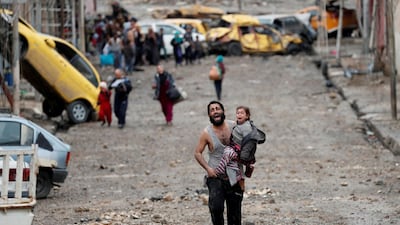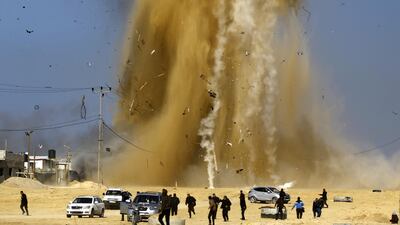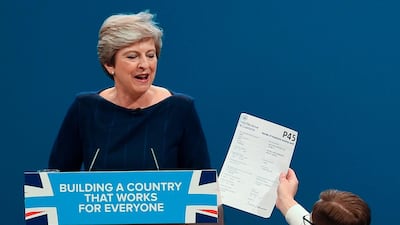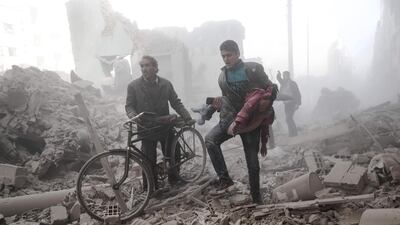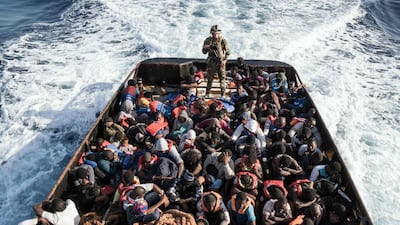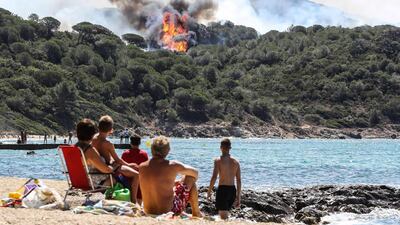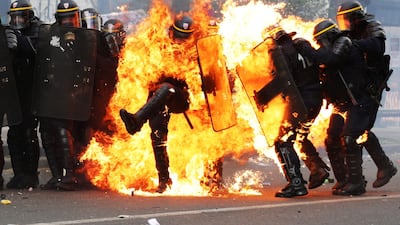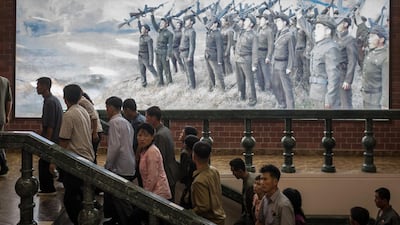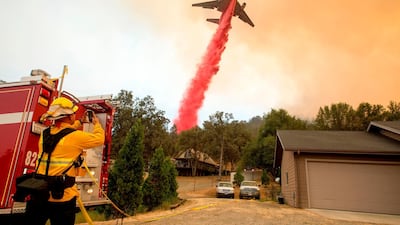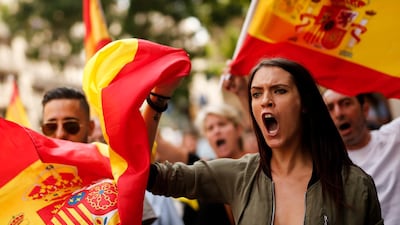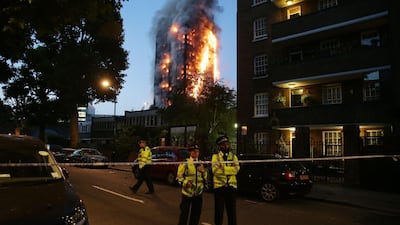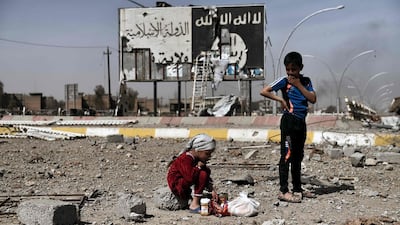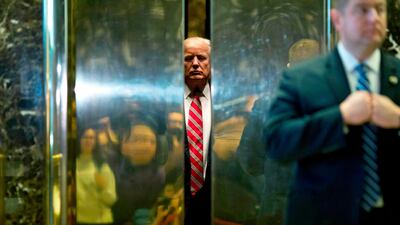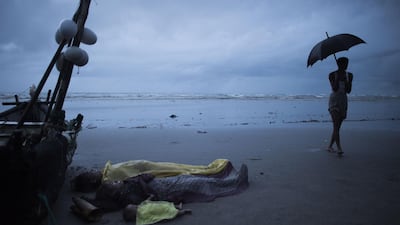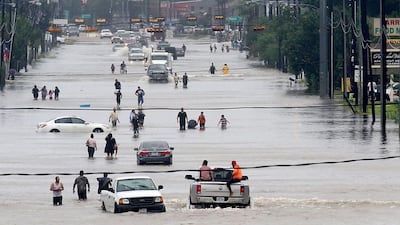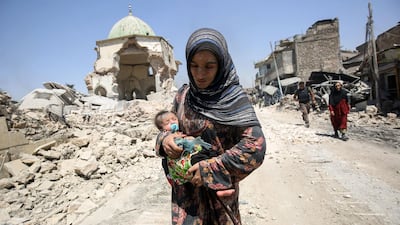In what has been a year of momentous change in the Middle East, the biggest story of 2017 came out of Riyadh with the rise of Saudi Crown Prince Mohammed bin Salman.
Saudi Arabia made waves around the world by announcing women will be allowed to drive beginning 2018. The decision will help bring the countries’ young population into the work force as part of Saudi Vision 2030.
Saudi Arabia also joined Bahrain, the UAE and Egypt to cut all relations with Qatar over concerns that Doha supports extremism and attempts to interfere in the region’s internal affairs.
Now entering its third year of civil war, Yemen witnessed the dramatic murder of former president Ali Abdulla Saleh’s at the hands of his Houthi allies. As the Houthis dig in their heels in Sanaa, the region’s worst humanitarian disaster looks likely to intensify.
In a series of grueling battles in Iraq, ISIL was finally defeated in 2017 at the hands of Iraqi Prime Minister Haidar Abadi.
And finally, in what might cap the most polarizing year in any recent American President’s debut, Donald Trump’s decision to recognize Jerusalem as Israel’s capital has sent waves of protest around the world.
____________
Read more:
Lebanon year in review: Is the country a failed state?
The economy in review: UAE weathers challenges
Iraq year in review: the country may be free of ISIL but lies in ruins
Pictures: The world in 2017
